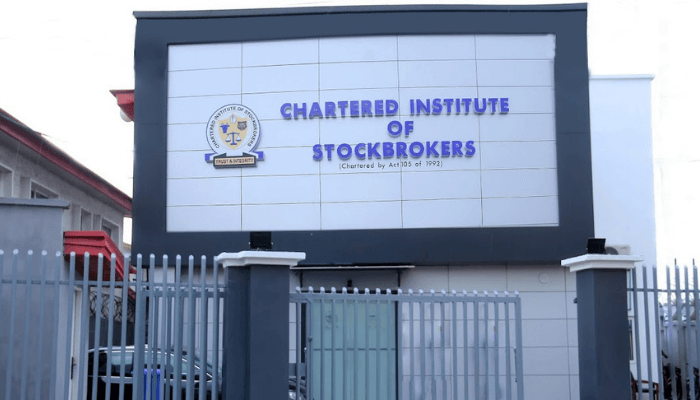Paragraph 1: The Nigerian Exchange Rally: A Confluence of Positive Factors
The Nigerian Exchange (NGX) is experiencing a period of robust growth, a rally attributed to a combination of favorable macroeconomic conditions, improved corporate earnings, and renewed investor confidence. Key drivers include the Central Bank of Nigeria’s (CBN) successful efforts to stabilize the foreign exchange market and implement tighter monetary policies. These actions have led to a more stable Naira, attracting foreign portfolio inflows seeking undervalued equities in an improving economic landscape. Furthermore, strong first-quarter 2025 earnings reported by major companies, particularly in the banking, telecoms, and consumer goods sectors, further bolster market optimism. These positive earnings are largely attributed to forex gains and cost optimization strategies adopted by these companies.
Paragraph 2: The Role of Domestic Investors and Structural Reforms
The NGX rally is not solely reliant on foreign investment. Domestic institutional investors, particularly pension fund administrators (PFAs), are playing a significant role. Recognizing the long-term value opportunities presented by the current market conditions, these investors are reallocating capital into equities. This influx of domestic capital further strengthens the market’s upward trajectory. Underlying these positive developments are structural reforms implemented within the Nigerian economy, contributing to a more stable and attractive investment environment. This confluence of factors – stronger earnings, forex market improvements, and strategic asset reallocation – suggests a sustainable rally, barring any unforeseen external shocks.
Paragraph 3: Navigating Potential Risks and Maintaining a Cautious Approach
While the outlook for the NGX remains positive, it’s crucial to acknowledge potential risks. The market has inherent self-correction mechanisms, meaning short-term corrections due to profit-taking or policy adjustments are possible. The sustainability of the rally hinges on the consistent execution of macroeconomic reforms, sustained earnings growth, and continued foreign exchange stability. Given Nigeria’s classification as a high-beta market, meaning it’s highly sensitive to both domestic and global economic shifts, investors must exercise caution. Although the medium-term outlook appears optimistic, the market remains vulnerable to policy reversals, inflationary pressures, and political uncertainties.
Paragraph 4: Diversification and Sector-Specific Opportunities
To mitigate potential risks, diversification is paramount. Investors are encouraged to spread their assets across various asset classes, including equities, fixed income, commodities, and foreign-denominated instruments. Regular portfolio rebalancing is essential to minimize exposure to any single asset class or sector. Certain sectors, like consumer staples, healthcare, telecommunications, agriculture, and large-cap banks, demonstrate greater resilience during market downturns due to their essential nature and consistent demand. Companies producing essential goods and services, such as food, healthcare, and telecommunications, maintain strong cash flows regardless of economic fluctuations.
Paragraph 5: Monitoring Market Indicators and Seeking Expert Advice
Investors should remain vigilant and closely monitor macroeconomic data, interest rate trends, and the CBN’s policy direction. Factors such as overstretched valuations, policy inconsistencies, and disappointing earnings could trigger market corrections. While the current rally is fundamentally driven, market sentiment also plays a role. It’s crucial to remember that market sentiment can be volatile and subject to rapid changes. Therefore, investors are advised to adopt a disciplined approach, take profits when appropriate, rebalance portfolios regularly, and seek professional advice from stockbrokers before making any investment decisions.
Paragraph 6: The Role of Stockbrokers in Nigeria’s Economic Growth
The expertise of stockbrokers is essential for navigating the complexities of the Nigerian stock market. Their insights into market dynamics, regulatory changes, and investment strategies are invaluable for both individual and institutional investors. Stockbrokers play a critical role in facilitating investment, educating investors, and ensuring the smooth functioning of the market. Their contribution to financial stability and economic growth is undeniable, making them key players in Nigeria’s continued financial development. By adhering to their guidance and maintaining a cautious yet informed approach, investors can maximize their returns while mitigating potential risks in the dynamic Nigerian stock market.














